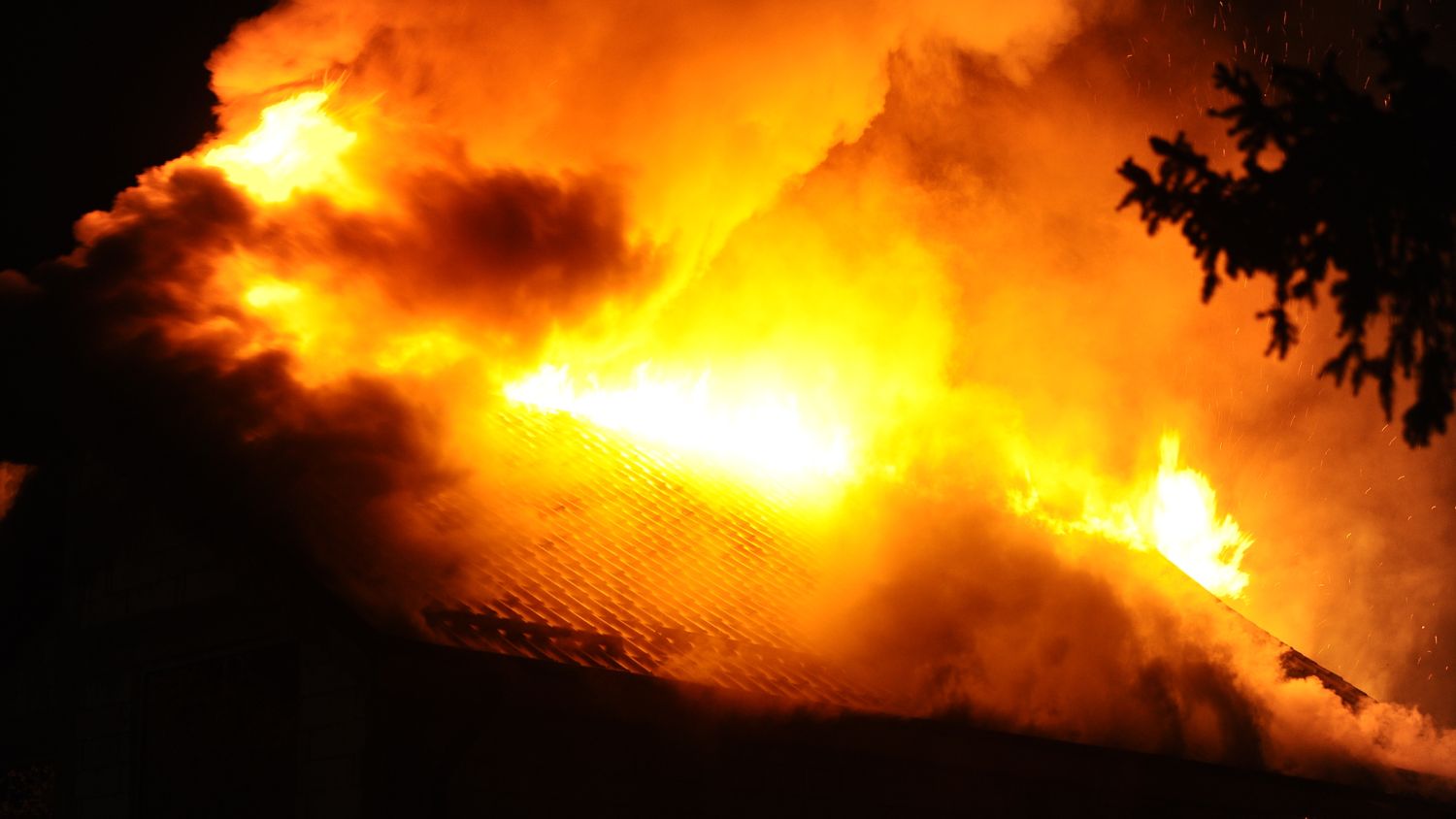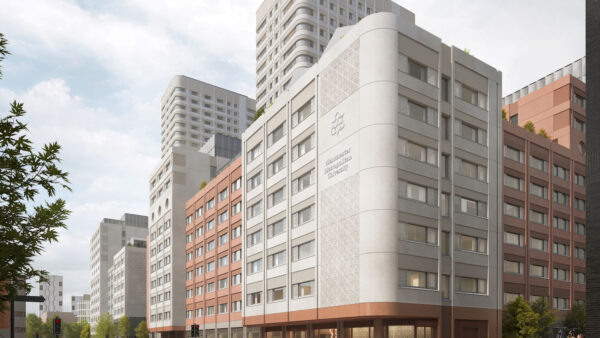
A training company has developed the first formal qualifications of their kind in passive fire protection inspection.
The revamped qualifications come following the implementation earlier this year of the Building Safety Act, which has placed a greater focus on the competency of those working in fire safety roles.
Independent Fire Training has developed three existing courses into formal Ofqual-regulated qualifications, starting from January 2023.
All candidates sitting these courses and passing the theory and practical assessments will receive a formal qualification.
The three new qualifications are:
- Level 3 Award in the Inspection and Testing of Fire Stopping Installations
- Level 3 Award in the Inspection and Testing of Fire-Rated Ductwork and Damper Installations
- Level 3 Award in the Inspection and Testing of Fire-Rated Steel Intumescent Coating Installations
Separately, the Finishes and Interiors Sector (FIS) trade body has launched a new group to advocate for passive fire safety measures.
Passive Fire Knowledge Group
The Passive Fire Knowledge Group (PFKG) aims to involve tier one contractors, specialists, and trade associations.
The PFKG will initially focus on education, process and testing issues related to the design and specification of passive fire protection for compartmentation, with initial focus on service penetration sealing and compatibility with fire resisting partitions (firewalls).
Other issues the forum will consider include: the appropriate application of fire test data to real life installations, inspection and recording of installed works during construction, and the education requirements of those designing, procuring and installing passive fire protection.
Will Pitt, technical leader for specialist functions including fire at Laing O’Rourke, and a member of Passive Fire Knowledge Group (PFKG) said: “Tier 1 contractors are fundamental to managing the transition from design into the finished building and as such need to understand the procedures, systems and products involved. It is important that passive fire protection is adequately considered at planning and early design stages to ensure buildings are designed and constructed in accordance with relevant regulations. The PFKG aims to resolve the complex passive fire protection design challenges to ensure the construction industry delivers safe buildings.”
Joe Cilia (FIS) joint chair of FIS added: “Trade Associations such as Finishes and Interiors Sector (FIS) and the Association for Specialist Fire Protection (ASFP) are able to bring specialist knowledge from within their technical teams and their wider membership through a collaborative approach to support this group meet its aims.”
Comments
Comments are closed.












This is a great course; please could you give me more information regarding the criteria attendees have to meet before attending this course and the possible cost